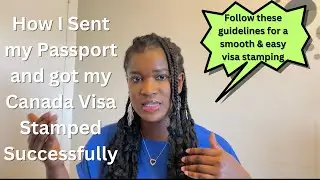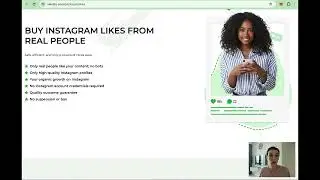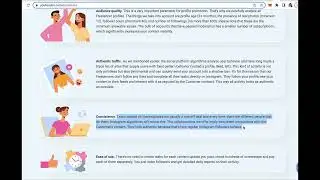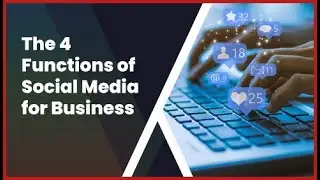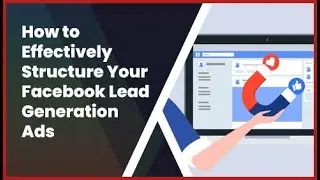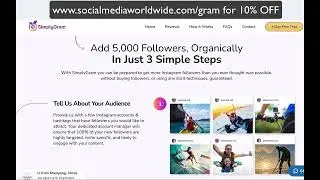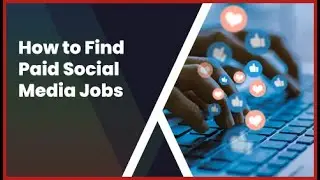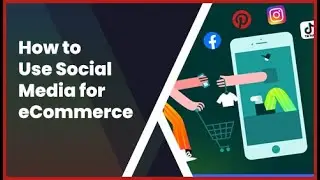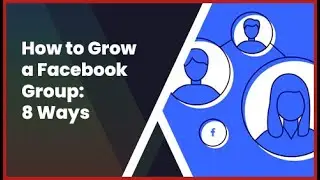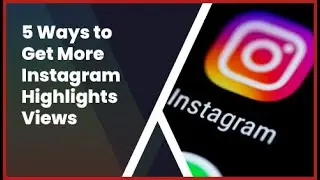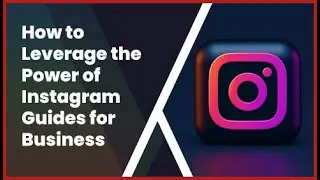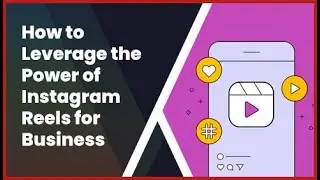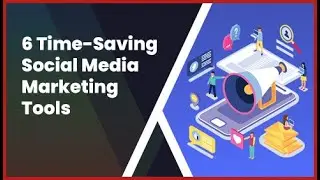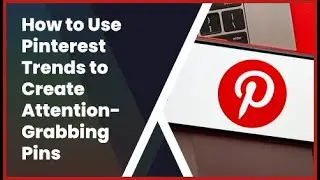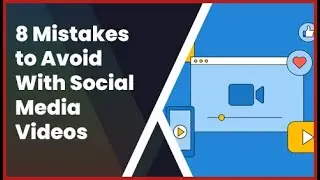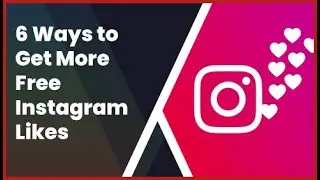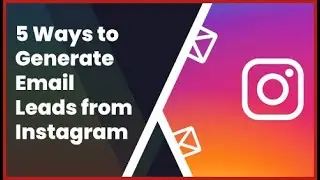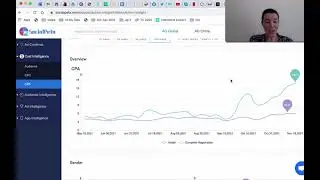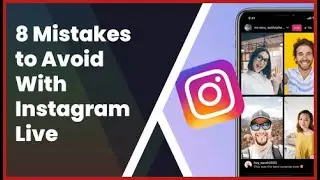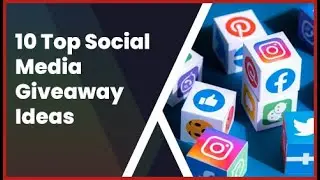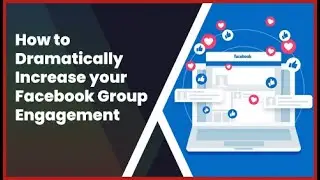How to Grow a Facebook Group: 8 Ways
There are many benefits to having a Facebook group and learning how to grow a Facebook group. First, with an Fb group, you can build a community of like-minded people. Unlike Facebook pages where anyone can become a fan, A Facebook group allows you to control and pre-qualify who joins, turning Facebook groups more like a community of people who talk to each other, know each other and support each other.
Another benefit of having a Facebook group is that there is no limit to how many Facebook members it can have. Unlike your Facebook profile which can only have a maximum of 5,000 friends, Facebook groups allow you to have as many Facebook members as you want.
Plus, with Facebook groups you have much more control over who joins it if it’s a Facebook private group. People have to send a request which can be accepted or rejected by the administrator of the Facebook private group. Plus, with membership requests, you can learn more about people who want to join your group by asking them up to three questions.
This is why it’s important to put some effort into learning how to grow a Facebook group.
There are many ways you can do so.
First, enable the feature “any member can add members”. This feature allows existing Facebook group members to grow your group on your behalf.
The second way to grow your group members is by inviting your existing Facebook friends to join. You’ll notice a tab called “invite” below your group banner. Simply click on it and choose among your Facebook friends, who you’d like to invite to join the group. Alternatively, share your Facebook group link with them.
To find your Facebook group link, simply open your group and you’ll see it in the URL section at the top of your page.
The third strategy is by incentivizing people through special offers available only to group members. This strategy will work only if your special offers can only be seen by group members so make sure you don’t promote the same incentives to people outside the fb group. For example, if your fb group name is “Golf travel tours”, you can incentivize more golfers to join by giving away free tutorials or a discount code for your products. If your fb group name is “Parenting advice for new parents”, you can incentivize parents to join by giving away a useful parenting resource.
The fourth strategy is to use the “about” section of your Fb group to explain why people will benefit from becoming a member. The more benefits you list, the more likely people will want to join.
For example, the benefits could be:
-Exclusive access to discounts
-Monthly giveaways exclusive to group members
-Live Q&A sessions with notable personalities
-Daily important updates
The fifth strategy is to promote your Facebook group link on your other touch points. If you have an email database of people who are the target audience you’re looking for, then send them a personalised email with the Facebook group link included, inviting them to join. Make sure your email also lists all the benefits they’ll enjoy as members.
You can even promote the post even further, by using Facebook ads, Linkedin ads and Twitter ads, targeting a specific group of people who match the target audience you are after.
For example if your fb group name is ‘Golf accessories for amateur golfers”, you can target men and women who like brands such as TaylorMade and Callaway.
The sixth strategy to grow your Facebook group members is to promote your group on your thank you pages. A thank you page is a web page people land on after they’ve registered to something you’ve offered. For example, if you have a webinar registration page or a newsletter lead capture page, you can invite people to join your Facebook group on the page they get redirected to, after they registered to your webinar or subscribed to your newsletter.
The seventh strategy to increase your Facebook group members is to manage it well. As the owner of Facebook public groups or as the owner of a Facebook private group, you have to ensure that people don’t spam it or don’t use it as an outlet to complain. This will affect other members’ experience and they could leave the group or not invite others to join. Therefore check it daily and delete anything that breaks the rules of the group and remind the rules to the members of your Facebook public groups or Facebook private group who breach them.






